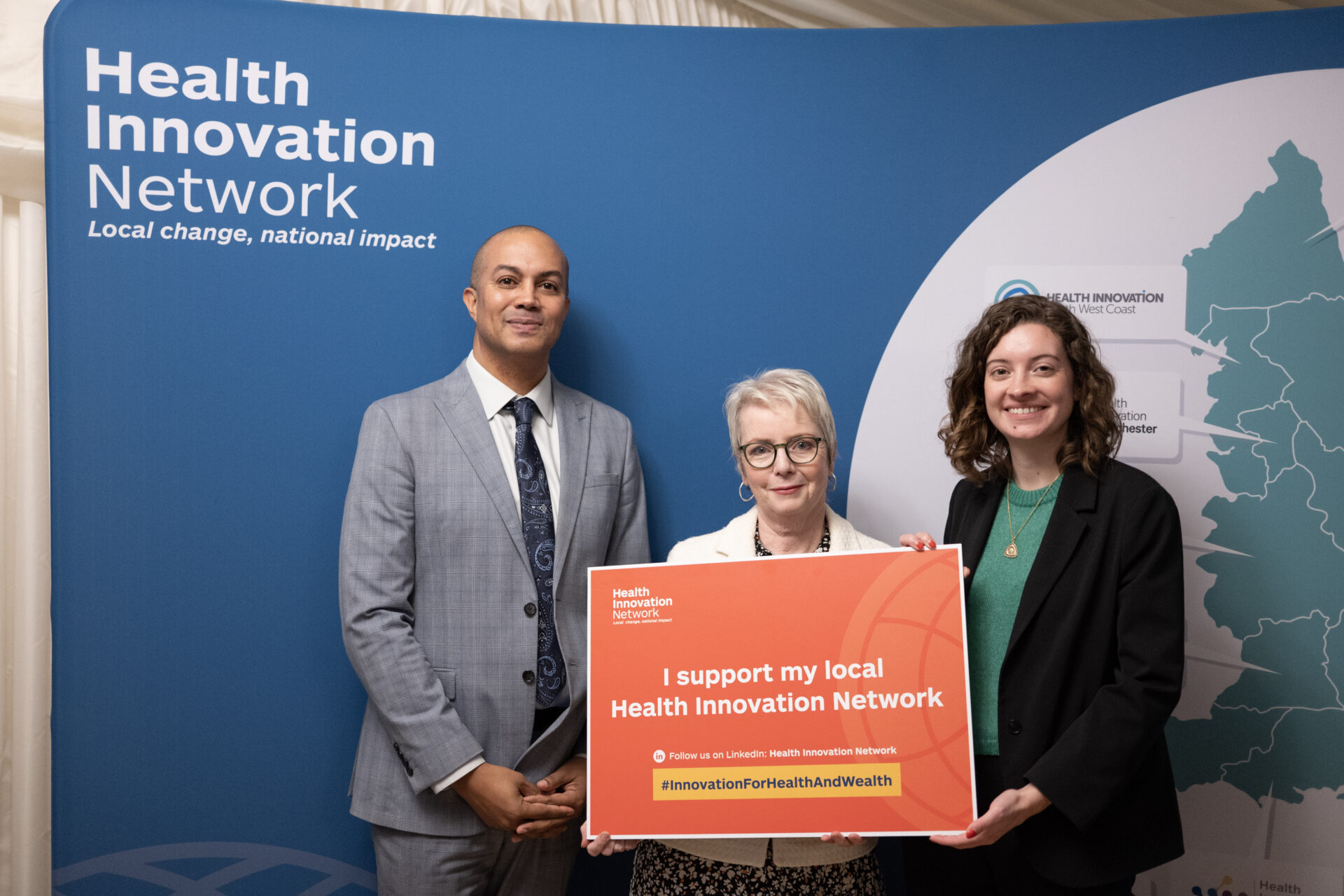The success of PReCePT, a programme to increase the use of magnesium sulfate to prevent cerebral palsy in premature babies, has been highlighted in a new paper published in BJOG: An International Journal of Obstetrics and Gynaecology.
The paper shares the findings of the Health Foundation funded PReCePT study, nested within the AHSN Network’s national PReCePT programme.
It shows uptake of magnesium sulfate increased across all maternity units in England, regardless of whether they were given extra support.
The study, led by NIHR ARC West researchers, compared uptake in 27 maternity units under the standard programme with 13 units given an enhanced support package.
Standard support included a PReCePT Quality Improvement (QI) guide and toolkit created by the West of England Academic Health Science Network (AHSN), support from local AHSNs, and 90 hours of backfill for a midwife PReCePT champion.
The enhanced support included the standard package plus unit-level QI coaching, a further 90 hours of midwife backfill and 104 hours of backfill for an obstetrics or neonatology lead, and other support.
The researchers found that in the year before the study started, 68% of eligible mothers in the control group and 64% of mothers in the enhanced support group received magnesium sulfate.
After the study, this had gone up to 84% and 85% respectively. After adjusting for other factors, the two groups had improved by very similar amounts. The standard National PReCePT Programme (NPP) (control group) supported by AHSNs was the most cost-effective way to improve use of magnesium sulfate.
However, staff in the enhanced support group tended to understand the issues better and had better teamwork. This may be important because a 2022 review of poor care in the worst-performing maternity units in England found that a lack of teamwork was a significant contributory factor.
The research team also highlighted that the enhanced support package may have been the more realistically funded model, as many midwives put in extra time to support PReCePT.
Karen Luyt, Professor in Neonatal Medicine at the University of Bristol, Chief Investigator for PReCePT and Consultant Neonatologist at St Michael’s Hospital, Bristol, said: “The PReCePT randomised controlled trail has given valuable insights into how new treatments should be implemented into routine NHS clinical practice and how teamwork may be improved in NHS teams providing perinatal care.
“An intervention that can improve teamwork, is likely to have far-reaching benefits across a broad range of perinatal outcomes.”

The Health Innovation Network is delighted to announce the launch of Innovation Insights, a brand-new webinar series designed to highlight the latest in health innovation, offering attendees valuable insights into the adoption and spread of innovation within the health and care landscape. Each interactive webinar will feature: Expert presentations: Delivered by thought leaders across [...]

The Health Innovation Network, at an event sponsored by Sarah Coombes MP, brought together parliamentarians including Health Minister Karin Smyth MP and Chair of the Science, Innovation and Technology Committee, Chi Onwurah MP to meet with six innovators supported by health innovation networks across the country and their NHS partners. At the Meet the Innovators: [...]

The need for fast-paced innovation in healthcare is widely acknowledged. And ensuring that healthcare innovation is shaped by the people it serves remains a pressing priority – one made all the more evident by the growing emphasis on health equity in the 10 Year Health Plan. Patient voices are often cited as central to healthcare [...]






